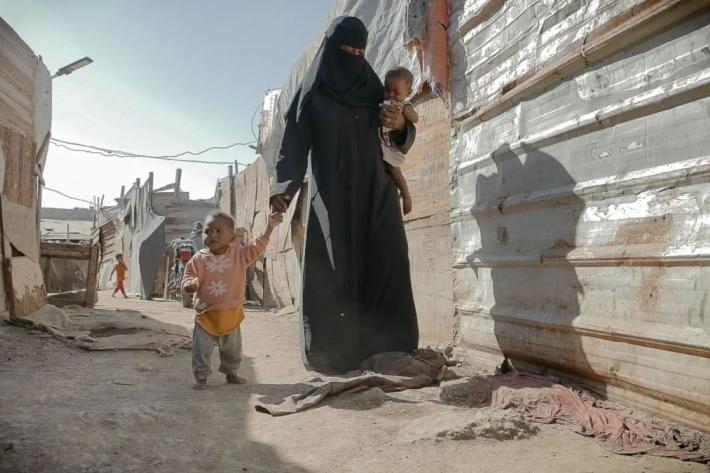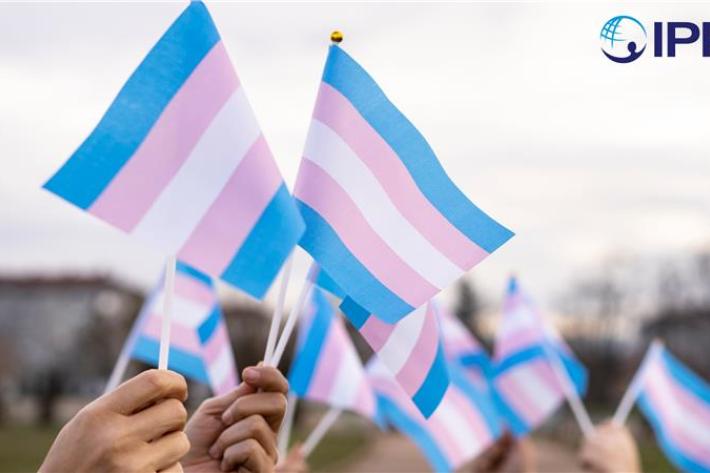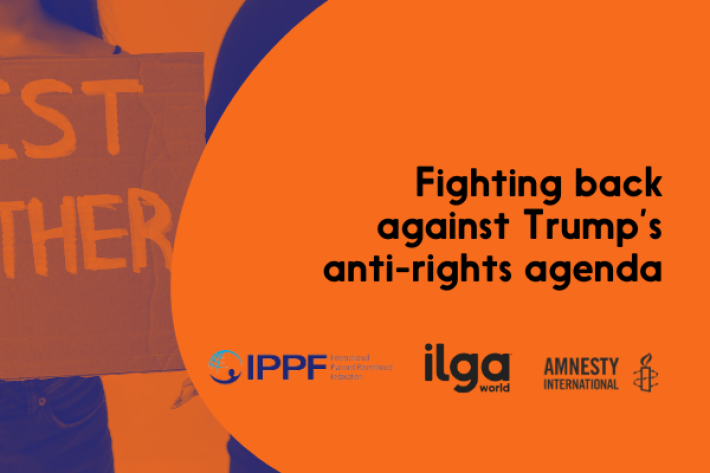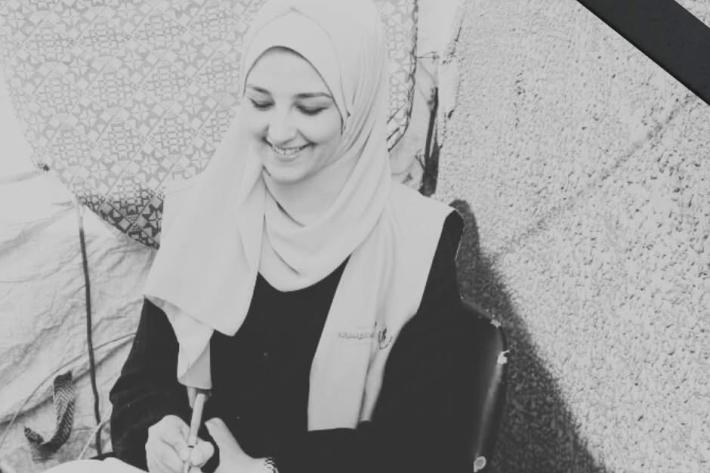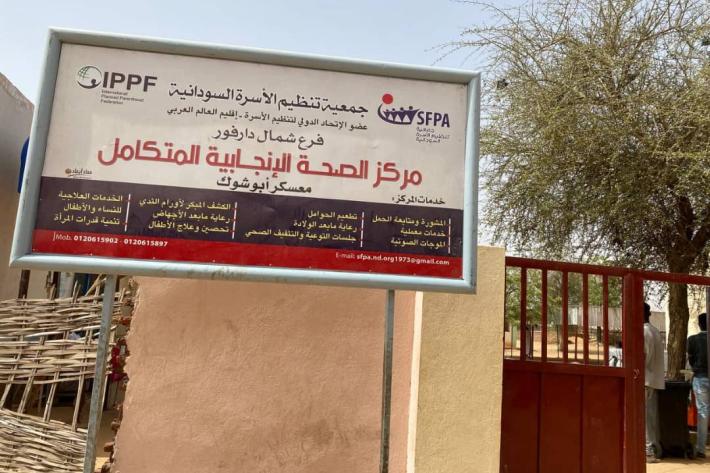
Spotlight
A selection of news from across the Federation

IPPF announces the launch of the call for applications for the post of Director General
The Director-General will play a crucial role in shaping IPPF’s strategic and operational direction, ensuring strong governance, transparency, inclusion, and collaboration.
Filter our news by:


| 28 September 2018
Radical scale up of medical abortion needed globally urges new IPPF report
International Planned Parenthood Federation (IPPF) today launched a new report on global medical abortion access as an urgent call to action. The Her in Charge report presses governments, health, academic and NGO sectors to take immediate steps to stop women from dying and suffering disabilities due to an unsafe abortion by radically scaling up medical abortion efforts. Nearly one in every two abortions that occur is unsafe – 25 million women each year are forced to find their own, often dangerous, solutions to an unintended pregnancy. The knowledge, the technology, and the experience to make all abortions safe abortions exist. Yet tens of millions of women each year still lack access to completely safe abortions. Medical abortion – the use of the medicines misoprostol alone or in combination with mifepristone to opt out of a pregnancy – is safe, cheap and simple to administer. Dr Alvaro Bermejo, IPPF Director General said: “Medical abortion is not new, but its full potential has not been reached due to the lack of action and prioritisation by governments, donors, medical professionals and private and civil society health providers. The fact we’ve had this technology for so long but is still not as accessible, is a global tragedy. The report shows that medical abortion has the potential to revolutionise the delivery of safe abortion globally. Without medical abortion, women are denied proper care.They should not be forced to take risks with their health. For all abortions to be a safe abortion, action is needed now”. IPPF’s Her In Charge report demonstrates how medical abortion access can exponentially increase access to safe abortion, enabling women to be in charge about the decisions about their bodies. An essential part of women’s rights. Medical abortion facilitates task-sharing, which is transformational in low-resource settings where primary-care level and lay workers are trained and equipped to administer abortion. Key recommendations: Governments should create a supportive environment to ensure women can access safe and legal abortion, including the political, social, economic, health and legal frameworks. Medical abortion should be embedded in health systems. Governments can ensure the quality, availability and affordability of medical abortion drugs by registering misoprostol and mifepristone in the list of essential medicines of their countries. Women must be supported by health systems in accessing the information they need to have a medical abortion safely and to access post-abortion care. This includes medical abortion without medical supervision. Health systems should include self-administered medical abortion. Women must have full information about medical abortion risks factors, dosage and have access to post-abortion care and contraception. Women must have all options available to them: either medical or surgical abortion, in a health facility or at home – whatever they prefer. It is their right. The full report can be found here. More information on the 'I decide' campaign can be found here.
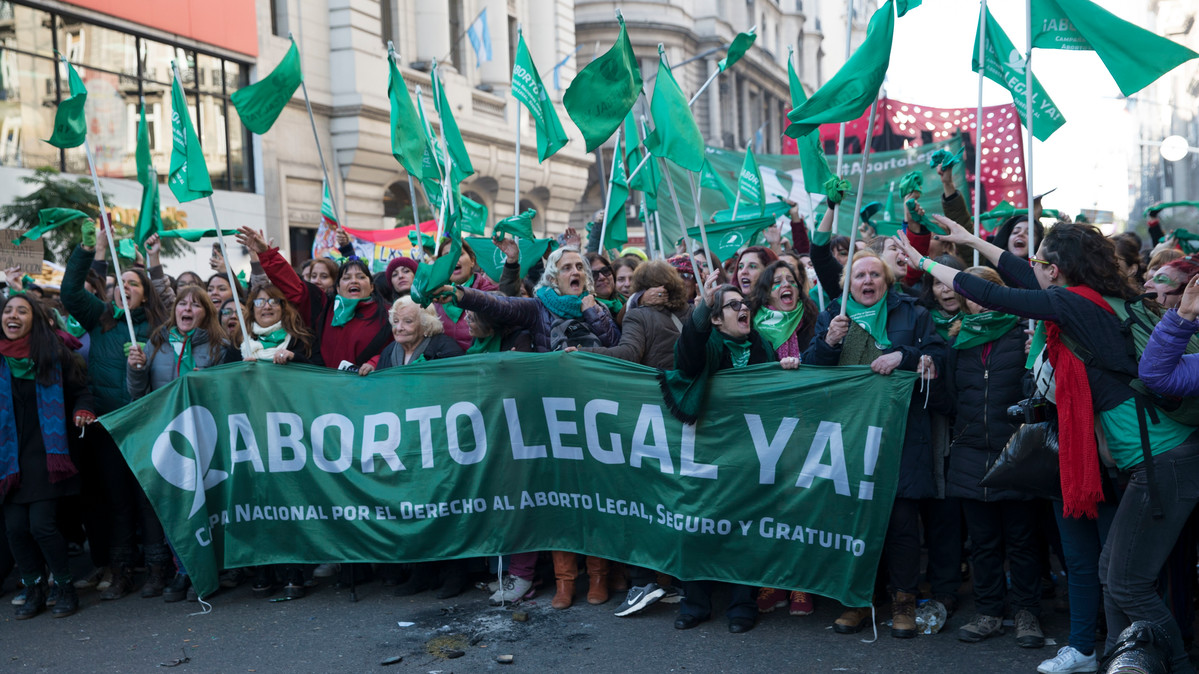
| 09 August 2018
The Argentinian Senate voted narrowly against a bill that would have legalized abortion up to 14 weeks
The Argentinian Senate voted narrowly against a bill that would have legalized abortion up to 14 weeks. The vote tally was 31 in favour, 38 against, 2 abstentions, and 1 absence. Giselle Carino, IPPF Western Hemisphere Region’s Director (IPPF/WHR) and CEO, issued the following statement: "Today, the Argentinian Senate failed women by voting to maintain a status quo that leads to anguish, forced pregnancy, and preventable death. This compassionless vote denies women’s lived experiences, evidence-based public health policies and international agreements. While the senate has demonstrated that they are out of touch, women will not retreat. Tens of thousands of women organized, mobilized, and took to the streets to support this bill, and their courage have inspired activists across Latin America to share their stories and take on the stigma that too often keeps abortion care out of public discourse. We stand firmly and in solidarity with all women until forced pregnancies become a thing of the past—until all women are treated as equals.” While current law in Argentina technically permits a woman access to abortion services when her life is in danger, or when the pregnancy is the result of rape, the true issue is one of accessibility: Women with fewer economic and social resources have less access to care than upper-class women in urban centers. Dr Alvaro Bermejo, IPPF’s Director General: “Poor women bear the brunt of these restrictive laws and will continue to pay with their health and lives until abortion is decriminalized and becomes an integral part of sexual and reproductive health care. IPPF congratulates our partners, civil society and all the activists who fought so valiantly for women’s rights. We will continue working closely with our partners and allies in Argentina in the fight for sexual and reproductive rights for all. ”
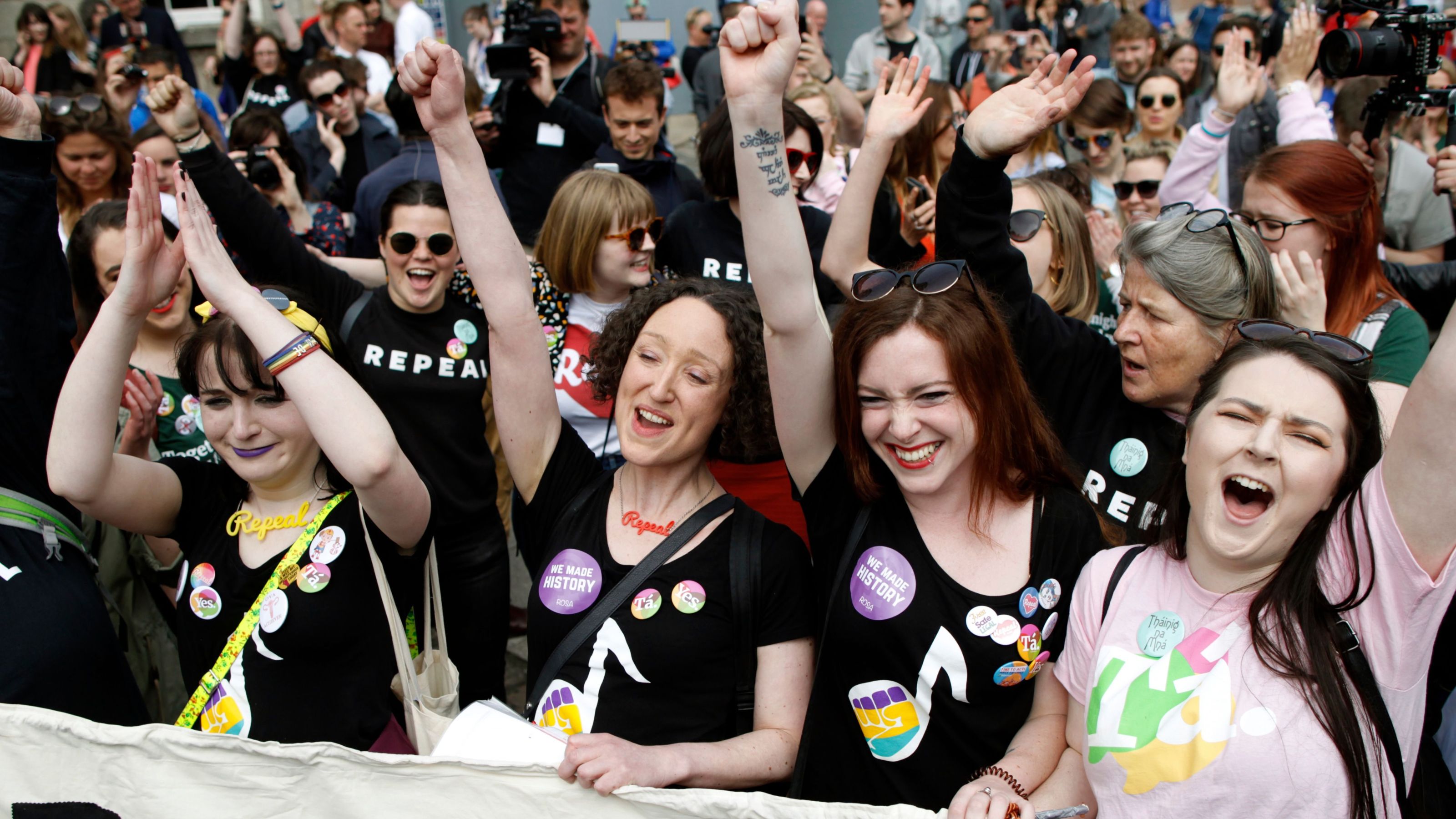
| 26 May 2018
Ireland’s Yes vote is a triumph of compassion over coercion
IPPF is overjoyed at the Irish people’s decision to remove the harmful ‘8th Amendment’ from Ireland’s constitution with today’s referendum result. IPPF’s Director General, Dr Alvaro Bermejo said: “ We wholeheartedly welcome this vote for change, which makes it possible for the Irish Parliament to legalise abortion care on a woman’s own indication in the first trimester of pregnancy, in line with the many other countries around the world which ensure women can access safe and legal abortion care when they need it.” Caroline Hickson, IPPF’s European Network Regional Director, said: “As an Irishwoman, I know the 8th Amendment has harmed countless women physically, emotionally and psychologically for more than 30 years. The vote to remove it paves the way for a more compassionate and caring environment for women in Ireland. They will no longer be forced to access abortion outside the state or resort to unsafe and unregulated use of abortion pills obtained online and outside the law. Instead, women and girls who experience crisis pregnancies will be able to make personal, private decisions about their health care with the support of their doctors and loved ones. They will be able to receive proper care, in their country, when they are at their most vulnerable.” Dr Alvaro Bermejo added: “Ireland’s decision sends a signal around Europe and the world that people’s care and compassion can triumph over absolutism and coercion. We hope that it also gives courage to women and all those who support their fight against reproductive coercion in so many other places, and to all those countries where the Global Gag Rule is having a devastating impact on access to sexual and reproductive health care. For all women everywhere, it’s time to end forced full pregnancy and make abortion care safe, legal and accessible. Today Ireland has shown us that positive change is possible.”
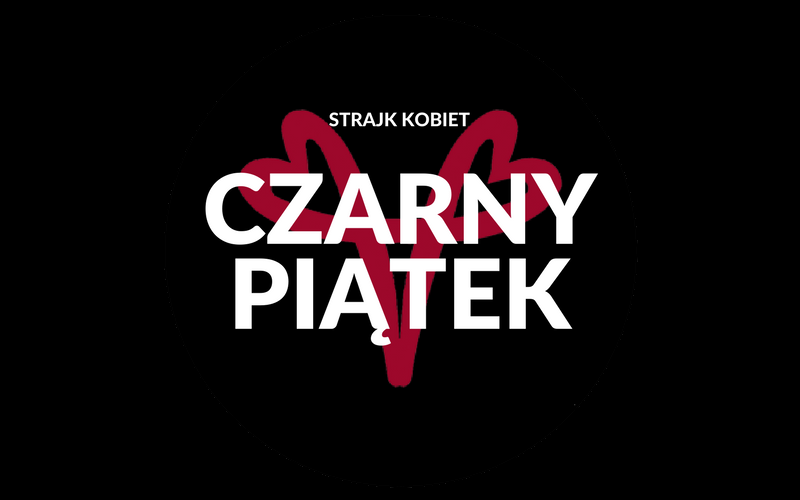
| 22 March 2018
Polish Parliament Must Protect Women’s Health and Rights
We are deeply concerned by relentless attempts to roll back the reproductive rights of women in Poland. This week Poland’s parliament is debating a new draft bill entitled “Stop Abortion.” If adopted, this legislation will further limit the already restricted grounds on which women can lawfully access abortion in Poland. It will place women’s health and lives at risk and violate Poland’s international human rights obligations. We call on Members of Poland’s Parliament to listen to the voices of women across Poland and to reject this regressive legislative proposal and protect women’s health and human rights. Poland already has one of Europe’s most restrictive abortion laws. Abortion is only lawful to safeguard the life or health of women, in situations of severe fetal anomaly or where the pregnancy results from rape or another criminal act such as incest. Even in those situations in which abortion is legal, multiple barriers combine to limit women’s access in practice. The latest “Stop Abortion” proposal seeks to ban abortion in situations where there is a severe fetal anomaly. If the “Stop Abortion” bill is passed it will mean that abortion care will no longer be available to women in Poland when they receive a diagnosis of a severe or fatal fetal anomaly. Official statistics from 2016 show that in practice 96% of legal abortions in Poland are performed on these grounds. Most women in Poland who decide to end a pregnancy resulting from rape or because their health is at risk are unable to access legal abortion care in Poland and must travel outside the country to do so. This bill would further hinder women, particularly those from low-income and rural communities, from accessing safe abortion care. Since 2011, Poland’s government has launched repeated attacks on women’s reproductive rights. In 2011, 2013, 2015 and 2016 draft legislative proposals were introduced that contained total or near total bans on abortion. Following massive public protests, such as the Black Protests in 2016, these draft bills were defeated. Prohibiting women from accessing safe, legal abortion violates a number of human rights enshrined in international law, including the rights to life, health and health care, nondiscrimination and equality, privacy, and freedom from cruel, inhuman or degrading treatment. The European Court of Human Rights has previously ruled that the Polish government, in hindering timely access to abortion, has violated women’s rights under the European Convention on Human Rights. Numerous international human rights bodies, including the UN Human Rights Committee, the Committee on Economic, Social, and Cultural Rights, the Committee on the Elimination of all Forms of Discrimination against Women, and the Committee Against Torture, have called on governments to remove barriers to abortion services and ensure access to safe and legal abortion. Signatories Abortion Rights Campaign, Ireland Abortion Rights Coalition of Canada, Canada Abortion Support Network, United Kingdom ACAI, Spain Agrupación de Madrid del Forum de Política Feminista, Spain Albanian Center for Population and Development, Albania A.L.E.G. Romania Alianza por la Solidaridad, Spain Alliance des Femmes pour la Démocratie, France Alliance for Choice in Northern Ireland, UK ALRANZ Abortion Rights Aotearoa, New Zealand Amnesty International AnA Society for Feminist Analyses, Romania ANCIC, France Asia Pacific Alliance for Sexual and Reproductive Health and Rights (APA) Asociación con la A, Spain Asociación Feminista, Spain Association Défense de la Démocracie en Pologne, France Association des anciennes députées de l ‘Assemblée Nationale française Association for Family Planning and Sexual Health, Latvia Association HERA-XXI, Georgia Association Histoire, Femmes et Sociétés- revue Clio, France Association Mnémosyne, France AIED - Associazione Italiana per l'Educazione demografica, Italy Asian-Pacific Resource and Resarch Centre for Women (ARROW), Malaysia ASTRA Network ASTRA Youth Network Atria - Institute for Gender Equality and Women's History, the Netherlands ATTAC France ‘’AUT’’ LGBTIQ+ student initiative, Croatia Avortament Lliure i Gratuït. Dret al Propi Cos, Spain Avortement en Europe, les Femmes décident, France Autonomous Women’s House Zagreb – Women Against Violence Against Women, Croatia B.a.B.e. (Be active, Be emancipated), Croatia UK All Party Parliamentary Group on Population, Development & Reproductive Health, UK Beyond Beijing Committee, Nepal Calala Fondo de Mujeres, Spain The Catalan Family Planning Association, Catalonia Catholics for Choice Center for Community Mediation and Security, Romania Center for Health, Ethics and Social Policy, USA Center for Promotion and Defense of Sexual and Reproductive Rights, Peru Center for Reproductive Rights Centre Women and Modern World, Azerbaijan Center for Women's Studies of the Faculty of Philosophy and Social Sciences, University of Zagreb, Croatia CEDES – Center for the Study of State and Society, Argentina Centro de Estudios e Investigación sobre Mujeres, Spain CGT France CHOICE for Youth and Sexuality, the Netherlands City University of New York Law School, Gender Justice Clinic, USA Clínica Dator, Spain Colectivo de Salud Feminista, Argentina Collectif 13 Droits des femmes, France Collectif des Féministes pour l'Egalité, France Collectif Féministes contre le cyberharcèlement, France Collectif Libertaire Anti-Sexiste Collectif National pour les Droits des Femmes, France Confédération Française Démocratique du Travail, France Conseil National des Femmes Françaises, France Culture, Egalité, France Dziewuchy Dziewuchom Berlin, Germany Diverse Voices and Action (DIVA) for Equality, Fiji Doctors for Choice UK DOK – Democracy is OK, Poland Drogheda Abortion Rights Campaign, Ireland El Colectivo Hetaira, Spain Encore Féministes! - Network, France Ensemble! - Political Movement, France Equidad de Género, Ciudadanía, Trabajo y Familia, México Equilibres & Populations (Equipop), France Estonian Sexual Health Association, Estonia European Association for the Defence of Human Rights European Civic Forum European Humanist Federation, France European NGOs for Sexual and Reproductive Health and Rights, Population and Development European Parliamentary Forum on Population and Development European Women's Lobby Family Planning and Sexual Health Association, Lithuania Family Planning Association of Moldova Fédération de Normandie du Planning Familial, France Federation for Women and Family Planning, Poland Fédération Laïque de Centres de Planning Familial, France Fédération Nationale Solidarité Femmes, France Fédération Nationale Sud Santé-Sociaux, France FEMEN International Féministes pour une autre Europe, France Femmes Contre les Intégrismes, France Femmes Libres Radio libertaire, France Femmes pour le Dire, Femmes pour Agir, France Femini Berlin Polska Berliński Kongres Kobiet Manifest Wolnej Polski (Congress of Women), Poland FILIA Centre, Romania FOKUS – Forum for Women and Development, Norway Fórum de Política Feminista, Spain Frente Ecuatoriano por la Defensa de los Derechos Sexuales y Reproductivos, Ecuador Freedom of Choice FRONT Association, Romania Fundación Arcoiris. Mexico Fundación ASPACIA, Spain Fundación Desafío de Ecuador, Ecuador Fundacja im. Kazimierza Łyszczyńskiego, Poland Gals4Gals Lodz, Poland Gender Alternatives Foundation, Bulgaria GERT – Gender Education, Research and Technology Foundation, Bulgaria Gender Scan, France Global Doctors for Choice Global Fund for Women, USA Great Lakes Initiatives for Human Rights and Development, Rwanda H.E.R.A. – Health Education and Research Association, Macedonia HowToUse Humanists UK Human Rights Watch ILGA - Europe International Campaign for Women’s Right to Safe Abortion International Commission of Jurists International Federation for Human Rights, France International Women’s Health Coalition, USA IPPF European Network IPPF Global Federation Irish Family Planning Association, Ireland Kazakhstan Feminist Initiative "Feminita" KOD - Independent Group Berlin, Germany Kollektief Antikonceptie, Belgium Komitet Obrony Demokracji - Niezależaa Grupa Berlin, Germany L'Assemblée des Femmes, France L'Egalité, c'est pas sorcier, France La Paille et le Mil, France Ladder for Rural Development, Malawi League for International Women’s Rights, France Legal Center for Women’s Initiatives “Sana Sezim”, Kazakhstan Lesbian Group Kontra, Croatia Les Effronté-es, France Libres Mariannes, France Lights4Rights, Belgium Ligue des Droits de l'Homme, France Lobby Europeo de Mujeres- LEM España, Spain London-Irish Abortion Rights Campaign Luna Abortuscentrum Antwerpen, Belgium Marche Mondiale des Femmes France Marche Mondiale des Femmes Belgique, Belgium Marche Mondiale des Femmes Midi-Pyrénées, France Médecins du Monde, France Medical Students for Choice Mediterranean Women’s Fund, France Mujer y Salud en Uruguay Novgorod Gender Centre, Russia Osez le Féminisme!, France PaRiter, Croatia PARI o DISPARE, Italy Planned Parenthood Federation of America Planning Familial 76, France Planning Familial National, France Plataforma CEDAW Sombra País Valenciano, Spain Polish Society of Antidiscrimination Law, Poland Population Matters, United Kingdom Pro familia Bundesverband, Germany Regards de Femmes, France Regina Women’s Network, Lithuania Reproductive Health Matters Reproductive Health Training Center, Moldova RESURJ Roda – Parents in Action, Croatia Romanian Women's Lobby, Romania Ruptures, France Rutgers, Netherlands Safe2choose SALUS Foundation, Ukraine Sarajevo Open Centre, Bosnia Sensoa, Belgium Sexual Health Switzerland Sexual and Reproductive Justice Coalition, South Africa Sexual Rights Initiative, Canada Society for Education on Contraception and Sexuality, Romania Society Without Violence, Armenia Solidarité France Grèce pour la Santé, France S.O.S. Sexisme, France Spanish Federation of Family Planning (FPFE), Spain Surkuna - Centro de Apoyo y Protección de los Derechos Humanos, Ecuador Sustainable Health Development Center – VietHealth, Vietnam Tendo’s World (Arts & Health), Uganda L'Union des Familles Laïques (Union of French Secular Families), France Union syndicale Solidaires, France Union Women Center, Georgia Urgent Action Fund for Women’s Human Rights, USA Väestöliitto – Family Federation of Finland Voice for Choice UK WISH Associates, South Africa Women Enabled International Women’s Front of Norway Women's Global Network for Reproductive Rights (WGNRR) Women Help Women, Poland Women on Waves Women on Web Women’s International League for Peace and Freedom, France Women's International League for Peace and Freedom, Italy Women's Link Worldwide Women’s Resource Center, Armenia Women’s Rights Center, Armenia Women’s Room – Center for Sexual Rights, Croatia YouAct - the European Youth Network on Sexual and Reproductive Rights Youth Coalition for Sexual and Reproductive Rights Young Women for Change, Nepal Youth Champions Advocacy Nepal (Youth CAN), Nepal 40 ans de movement, France









